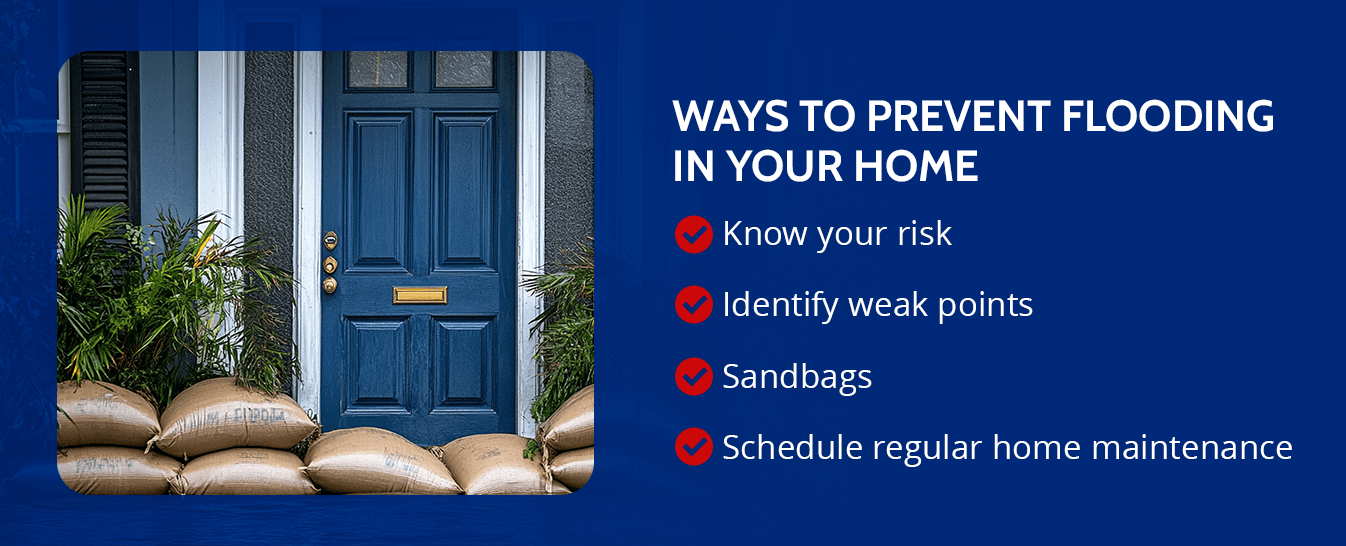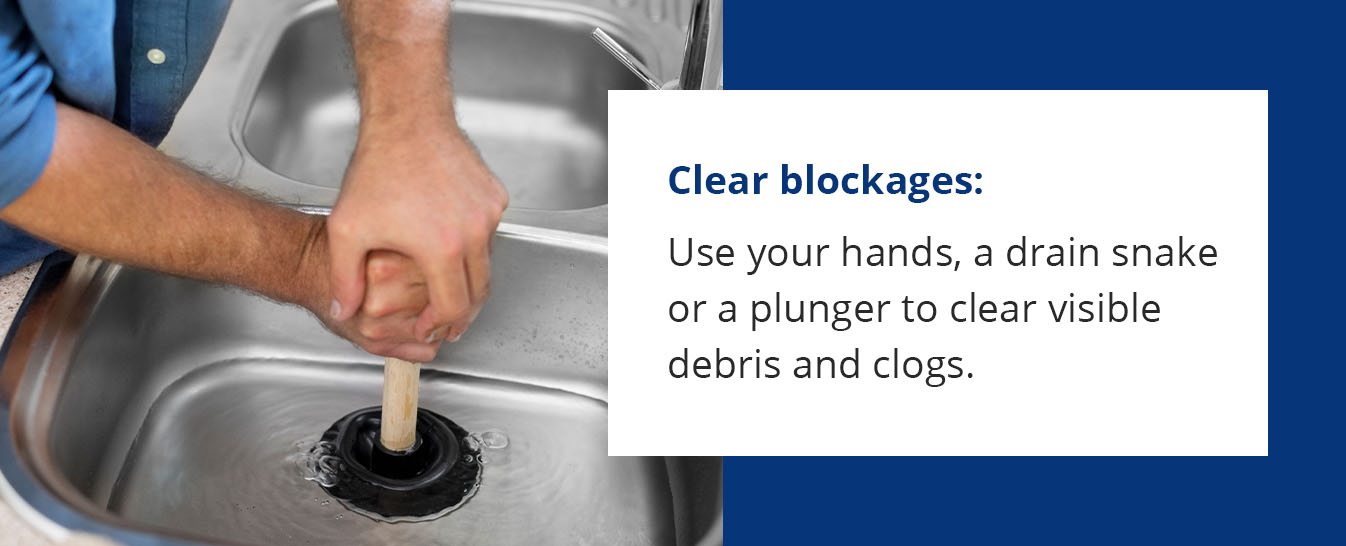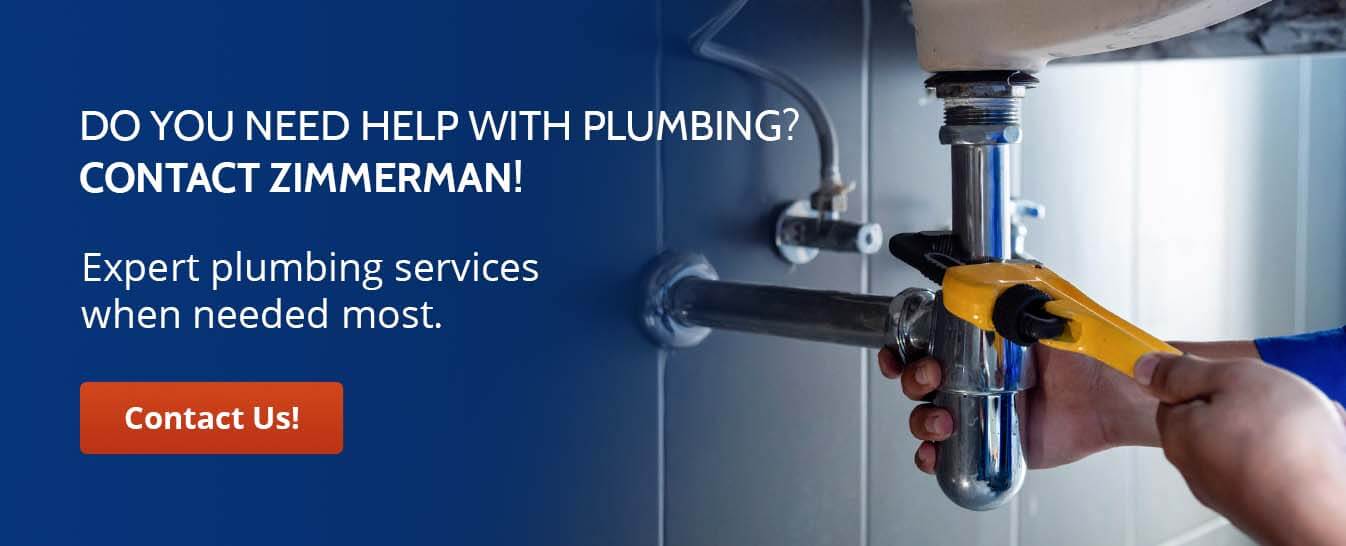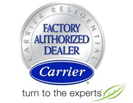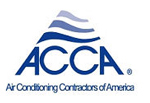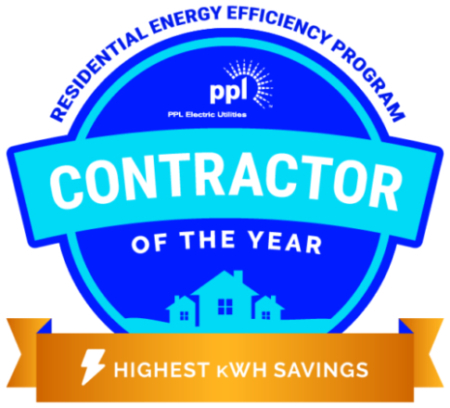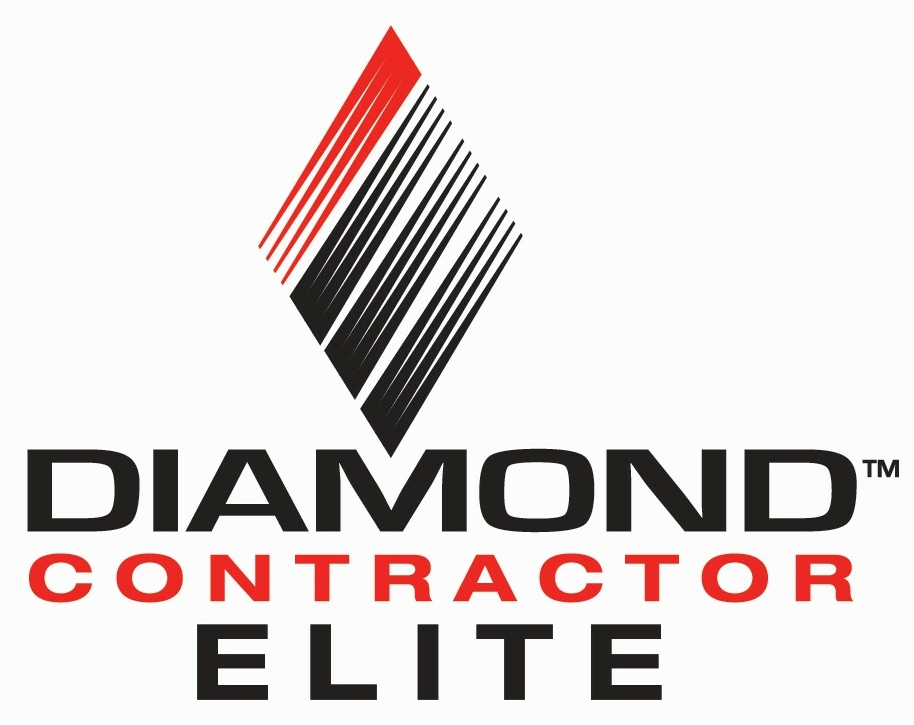What To Do If Your House Floods
What to Do If Your House Floods
Did you know that 90% of all formally declared natural disasters involve flooding, making them the second most common disaster next to fire? Even the most minor flooding can cost thousands of dollars in repairs and lost belongings. Despite some assumptions, flooding doesn’t only occur in a prone state like Florida. Homeowners in all 50 states can experience flooding at any time. However, flood damage is often not covered by many insurance policies.
If you or a loved one have recently been the victim of flash flooding from a hurricane or prolonged rain, we know how stressful it can be to deal with the aftermath. Staying safe and protecting your home and property are your top priorities. We’ve created a guide so you know what to do when your house floods from rain or storms.
Steps to Take if Your House Has Flooded
Water inside your home can be very overwhelming and complex to manage. Here’s what to do if your house floods.
1. Get to Safety
If you remained in your home while the flooding occurred, the first thing you need to do is safely evacuate the home with all your family members and pets. It’s critical to get medical attention as soon as possible, if needed, and ensure you get to a safe location before you start the recovery process. Call the local authorities if you require assistance.
2. Returning Home
If you and your family evacuated from the storm that caused the flooding, the first thing you should do is ensure your local authorities have declared it is safe to return to your residence. It’s possible that the streets could be flooded and unsafe to drive in. Avoid driving through flooded roads or standing water, even if it’s only a couple of inches high. This could cause you to lose control of your vehicle.
If you can access your fuse box without wading through water, turn off the electricity before going inside to reduce your risk of electrocution. Never touch any electrical equipment if it is wet or if you are standing in water. Wait for a professional to turn off the electricity if you are unable to do so without this risk.
3. Wear Protective Gear
Before you can tackle any cleanup after a flood, be sure to wear protective equipment. Flood water can be contaminated by trash, chemicals, human waste, debris and sharp objects. Wear protective clothing, gloves and boots when wading through flood water or cleaning up debris. Wear a face covering or mask if there is mold present.
4. Document Flood Damage
Next, you’ll need to document the damage as best you can for your homeowners insurance or landlord. This step is very important as it can determine whether your claim is accepted or rejected. Take detailed pictures of your house flooded with water, including any structural damage or mold. Write down any items that have been washed away or need to be replaced.
5. File an Insurance Claim
Now, you can report the damage to your homeowners insurance company. Based on the evidence you provided, your flood insurance policy should provide financial support to repair or replace the damaged items caused by a natural disaster.
6. Clean Up
If you decide not to file a claim with your insurance company or have to wait for an adjuster to come to your home, you’ll need to salvage what you can in the meantime. The longer you wait to clean, the higher the risk of water damage, mildew and mold growth. Start by removing as much water as possible with a sump pump after the flooding has stopped. Open all the windows in the house for ventilation and to help the carpets and fabric dry.
Consider replacing any carpeting if you’re unable to dry it without the risk of mold growth. Depending on the severity of the flooding, you may be able to salvage your furniture. Wood furniture can typically be repaired, while upholstered and leather furniture will likely need to be replaced. If any electrical appliances have come into contact with flood water or been submerged, do not attempt to dry them or use them. Wait for an electrical repair professional to determine if your electrical appliances are safe to use or if they need to be replaced.
Throw out any food that has been touched by flood water. Until you hear otherwise, follow local advisories and only use bottled water for drinking, bathing and cooking.
7. Call a Professional
Depending on what your insurer says, you may need to have a professional come to your home to fix your electricity, air conditioning and plumbing systems. If you’re in need of HVAC repairs, be sure to call on trained technicians who can provide 24/7 emergency services if needed.
Ways to Prevent Flooding in Your Home
If you’re bracing for a major storm or have experienced flooding in the past, it’s critical to prepare and know how to protect your home and property. Here are some tips for safeguarding your home from flood water.
- Know your risk: If you live in an area prone to flooding, such as on the coast or near a large body of water, be sure to educate yourself on flash flooding in your area. Your local weather station can provide information regarding potential flooding hazards and rainfall amounts in your area. The more you know, the more time you have to prepare your home for a disaster.
- Identify weak points: Water will enter your home through vulnerable areas like foundation cracks, vents, drains, windows and doors. Check your home regularly for leaks or loose seals around doorframes. You can also caulk around window and door openings to help prevent water from seeping in. If you’ve had flooding or leaks in the past, tackle those areas first, as water may come through again.
- Sandbags: If a major storm is headed for your neighborhood, you can minimize the impact of flooding by filling bags with dirt or sand. You can stack these sandbags to protect against flood damage by diverting water around your house instead of through it. Before a storm, many local businesses and schools will offer free sandbags to residents of the community.
- Schedule regular home maintenance: You’ve probably noticed your city or county workers performing stormwater maintenance on public drains before a storm. This practice extends to homeowners. It’s important to keep your drains clear of debris and clogs throughout the year to prevent backups and flooding. When you schedule regular HVAC maintenance, you can feel confident that your electrical system, plumbing, generators and air conditioning systems are running smoothly and have no obstructions that could pose a hazard.
Looking for an Expert? Contact Zimmerman!
Water damage in your home can be very stressful. Take some time to check your home for vulnerable spots and always have a plan for common natural disasters in your area. With maintenance plans from Zimmerman Plumbing Heating and Air Conditioning, you can help keep your home’s electrical and plumbing systems in working condition year-round. Our highly knowledgeable technicians provide expert care to residents across Pennsylvania and will ensure you have clean, safe and efficient equipment.
Whether you’re anticipating a major storm or need repairs after flood damage, our team will perform tests to determine if your equipment is safe to use and provide you with transparent repair costs. Contact us today to see how we can service your home during your time of need.

